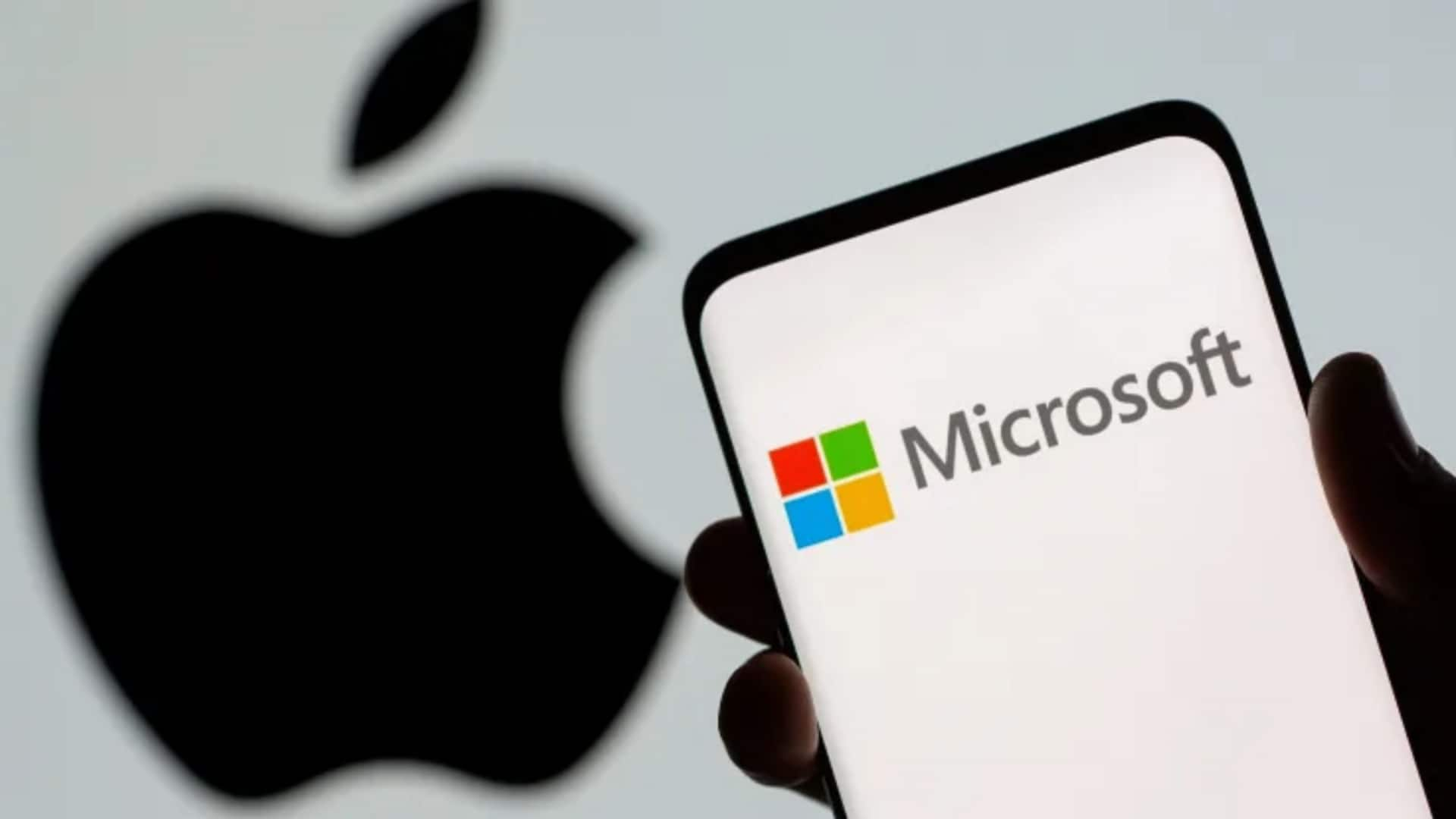
Apple, Microsoft fight EU tech 'gatekeeper' list for iMessage, Bing
What's the story
Apple and Microsoft are making efforts to keep their services, iMessage and Bing, respectively, off the European Union's (EU) "gatekeeper" list, which would subject them to new regulations under the Digital Markets Act (DMA). This move comes as the EU aims to enforce stricter rules through the DMA to promote fair competition in the tech industry. The European Commission is set to publish a list of designated gatekeepers on September 6.
What's
What is DMA?
The DMA is part of a comprehensive set of EU laws aimed at curbing the influence and power of tech giants. It aims to make the digital economy fairer and more contestable. The regulation proposed by the European Commission in December 2020 was signed into law by the European Parliament and the Council of the EU in September 2022.
Details
The EU's gatekeeper list
As per DMA, leading platforms, determined by their earnings and user counts, are required to follow various interoperability and competition guidelines. Companies like Apple, Microsoft, Amazon, Alphabet, Meta, ByteDance, and Samsung are already known to be on this list, but the EU must specify the areas of their operations subject to regulation. These gatekeepers must comply with the DMA within six months or until March 2024.
What Next?
Microsoft's argument
Microsoft acknowledges that its Windows platform qualifies as a gatekeeper but is disputing Bing's inclusion. Microsoft argues that Bing holds a relatively small share of the search market compared to Google. They believe that imposing requirements like offering access to rival search engines could further erode Bing's market position.
Insights
Apple's stance
Apple is actively working on methods to enable third-party app stores and sideloading on its iOS platform to comply with anticipated rules. However, Apple contends that iMessage falls below the DMA's user threshold of 45 million active monthly users and should, therefore, be exempt from the requirement to interoperate with other messaging services. While Apple hasn't officially disclosed iMessage's user numbers, external estimates suggest it could have as many as a billion users worldwide.